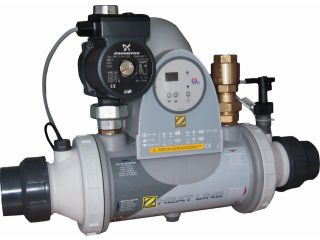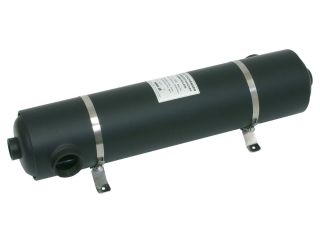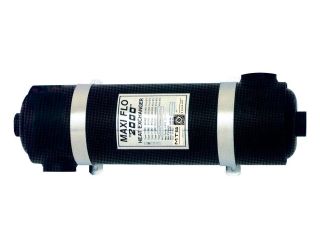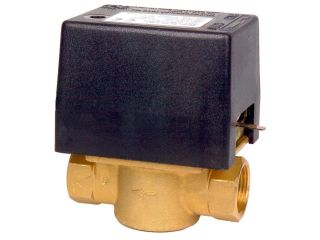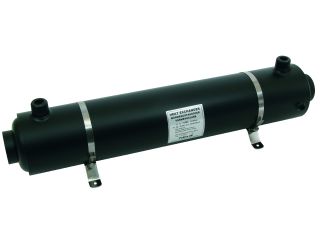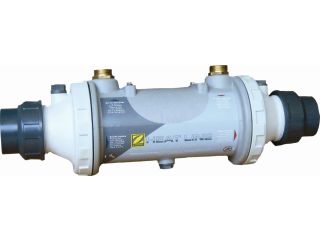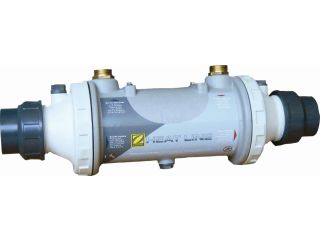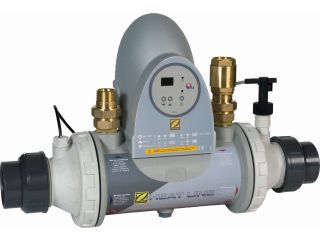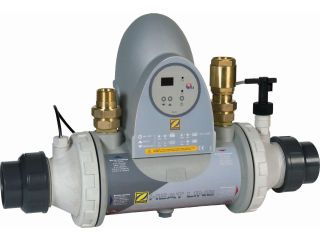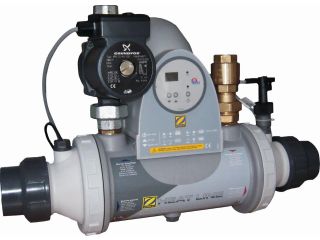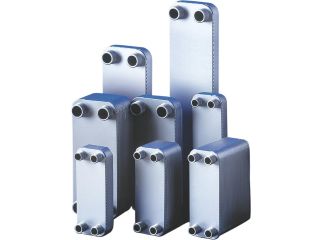Heat exchangers
What exactly are pool heat exchangers and how do they function?
A swimming pool heat exchanger operates by utilizing hot water from a boiler or solar-heated circuit to warm the pool water. Heat is transferred through the exchanger materials, ensuring the mediums remain separate throughout the process.
Heat exchangers enable the transfer of heat between two fluids (liquids or gases) without mixing or direct contact. They efficiently transport heat without transferring the carrying fluid.
While all heat exchangers serve the same purpose - passing heat between fluids - they operate in diverse ways. The most common types are shell-and-tube and plate/fin exchangers.
Shell and Tube Heat Exchangers consist of numerous small tubes inside a cylindrical shell. The tubes are placed in the cylinder using a tube bundle or "tube stack," either with fixed tube plates or a floating tube stack. The latter allows for expansion and contraction with varying heat conditions and easy removal for maintenance.
Heat exchangers find versatile applications in various pool and water settings, including saltwater and chlorinated swimming pools, Jacuzzis, whirlpools, spas, hot tubs, solar-heated pools, domestic hot water supply, sea water applications, hot climates, and waste water heat recovery. With an extensive range of options, you can find a suitable heat exchanger for your pool needs.
When choosing pool heat exchangers, prioritize brands that offer the following features:
Corrosion Resistance
Corrosion poses challenges in both chlorinated and saltwater pools. Opt for a heat exchanger built with corrosion-resistant materials, ensuring their longevity and durability over time.
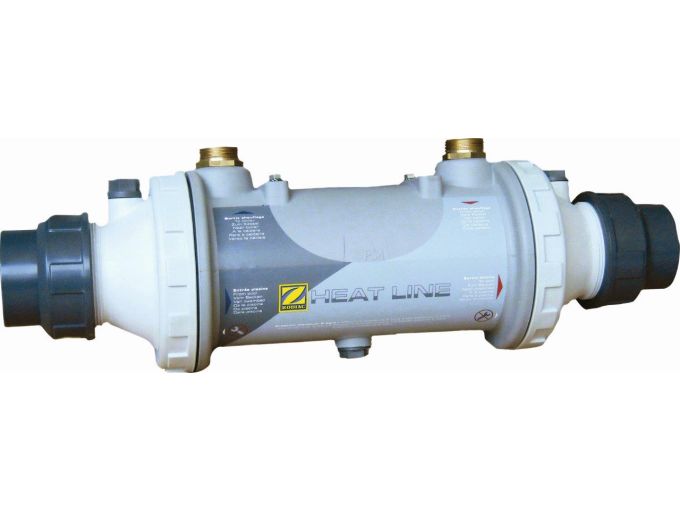
Self-Cleaning
Minimize maintenance hassles by selecting a heat exchanger with a high flow rate. A higher flow rate enables self-cleaning properties, reducing the need for frequent maintenance and ensuring hassle-free operation.
Extended Life Span
Heat exchangers with wider channels experience slower buildup of hard water scales, resulting in a longer life span for the equipment.
Efficiency Considerations
When choosing a heat exchanger, it's vital to assess its efficiency. Various factors impact thermal performance, including the temperature differential between the hot fluid and coolant. For optimal results, ensure the coolant remains at a lower temperature than the hot fluid to effectively extract heat.
Flow Rate and Installation Considerations
The heat exchanger's flow rate significantly impacts its heat transfer capability. A higher flow rate enhances heat transfer but may result in increased mass, making energy removal and velocity/pressure loss more challenging.
For optimal performance, adhere to the manufacturer's guidelines during installation. For shell and tube exchangers, ensure a counter-current flow arrangement (coolant left to right, hot fluid right to left). Also, for such exchangers, ensure the lowest inlet position for the coolant to maintain a full water level. For air-cooled exchangers, proper airflow is critical; any blocked part of the core compromises cooling capacity.
Investing in a pool is substantial, and ensuring the right components is crucial for long-term enjoyment. At Pool Heating Ltd, we offer our expertise to guide you toward the most efficient options, ensuring optimal results for your pool for years to come. Contact us today for expert advice!


